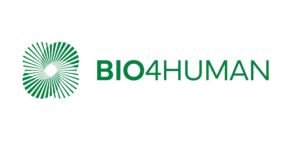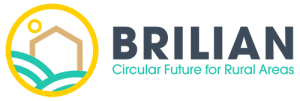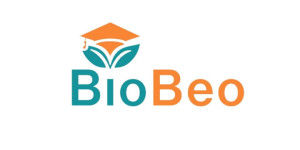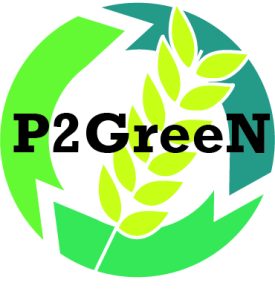ALFA project
This project ends on: 31/10/2025

Scaling up the market uptake of Renewable EnergySystems by unlocking the biogas potential of Agriculture and Livestock FArming
Europe could double the biogas and biomethane production by 2030 by utilising the massive amounts of animal waste available.
However, despite the technological maturity and commercial availability of relevant technologies, this promising potential is still largely untapped. In this context, ALFA supports at least 50 livestock farmers in 6 EU counties (IT, DK, DE, BE, SK, EL, ES) to overcome existing barriers and viably take up biogas systems. We start by establishing regional Hubs that analyse the local framework conditions and livestock value chains, and help engage local stakeholders in co-designing our approach. Then, we enhance selected livestock farmers’ business and technical capacity by providing them with a series of demand-driven financial, business, and technical support services and organising dedicated capacity-building seminars. In parallel, we develop an Engagement Platform hosting tools that facilitate collaboration and knowledge exchange among industry actors and provide credible estimations of each farm’s biogas potential, prospect profits, environmental and social impacts. Also, we improve the societal acceptance of biogas facilities amongst citizens by 25% (or above) through well-tailored awareness-raising campaigns. At the same time, we trigger the development of an enabling environment for the market uptake of biogas by formulating relevant policy recommendations and widely disseminating them to more than 60 policymakers. Finally, a monitoring and evaluation framework evaluates the performance and impact of all the above, providing us with the intel required to catalyse mutual learning across regions and contribute to creating a guide for replicating our results. Therefore, we expect a power output of 30 MWel by our supported cases / projects, leading to an increased share of renewable energy in the final energy consumption in the target countries and ultimately, saving 270,000tn CO2 and 330,000tn CO2-eq from manure management per year.
Contact:
Luna Del Pizzo: delpizzo@apre.it
website: https://alfa-res.eu/




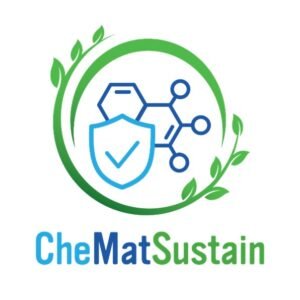

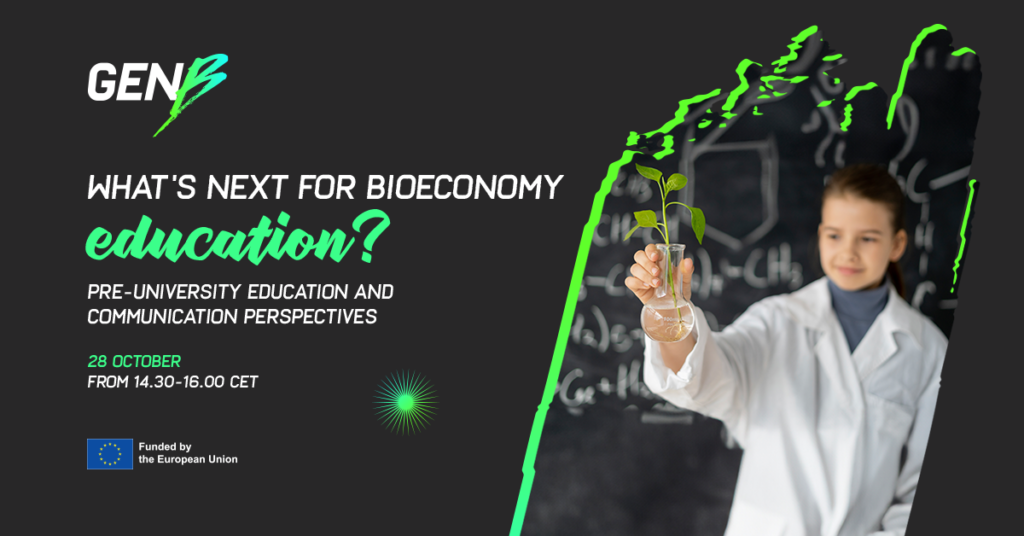
 While BioGov.net is organising the workshop focusing on “VET and Life-long learning perspectives” – 29 October 2024 from 15.00 to 16.30 CET, online.
While BioGov.net is organising the workshop focusing on “VET and Life-long learning perspectives” – 29 October 2024 from 15.00 to 16.30 CET, online.